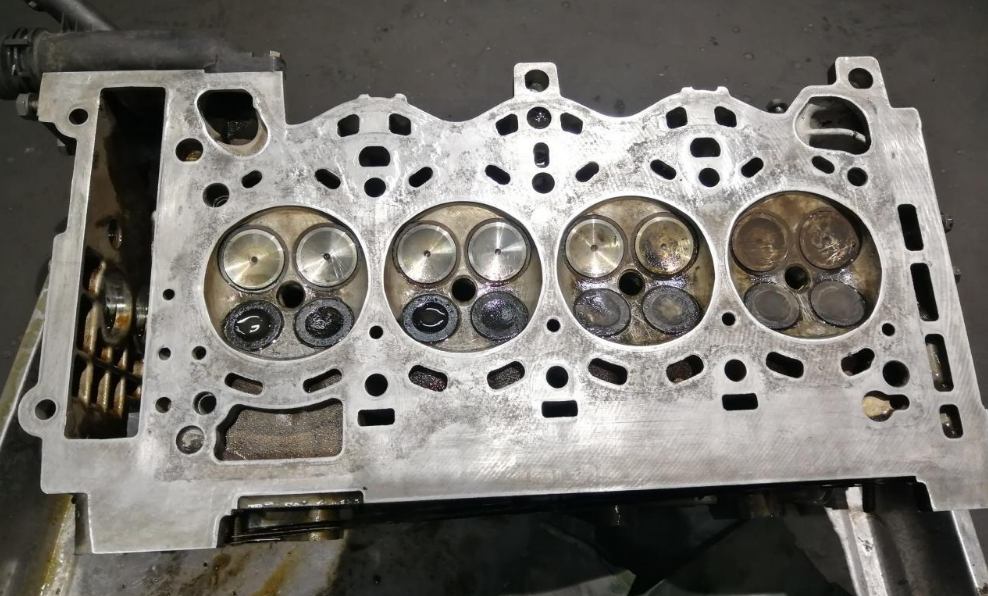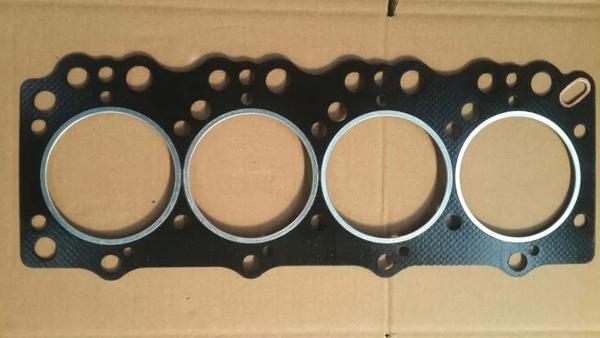Can you drive a car with a blown head gasket?Don’t hit the road before reading this
Driving a car with a blown head gasket is not advisable and can pose significant risks. The head gasket is a vital component of an internal combustion engine, responsible for sealing the cylinders and preventing the mixing of fluids between the engine’s coolant and oil systems. Below is a detailed explanation of why you should avoid driving a vehicle with a blown head gasket.

The Role of the Cylinder Gasket
The cylinder gasket is a crucial seal in the engine, situated between the cylinder head and the engine block. Its primary function is to seal the cylinder and prevent the mixing of coolant, oil, and high-pressure gases within the cylinder. In summary, it ensures that the various components of the engine operate effectively without interfering with one another.

Common Causes of Cylinder Gasket Damage
Overheating: Engine overheating is the most common cause of cylinder head gasket damage. When the engine temperature rises excessively, the cylinder head gasket may lose its sealing properties, leading to leakage.
Manufacturing Defects or Aging: Over time, the cylinder gasket may deteriorate, particularly if it is constructed from substandard materials or subjected to prolonged use.
Improper Installation or Repair: If the cylinder head is not installed correctly or if the tightening force is uneven, it may lead to damage of the cylinder gasket.

Risks of Driving a Vehicle with a Damaged Cylinder Head Gasket
Engine Overheating: A damaged cylinder head gasket can lead to coolant leaks, resulting in a loss of the engine’s cooling capacity. This can cause the engine to overheat rapidly, and in severe cases, it may even lead to engine stalling or necessitate scrapping the engine.
Coolant and Oil Mixture: If the cylinder head gasket is damaged, coolant and oil may mix, forming an emulsion. This mixture is unable to effectively lubricate the engine’s moving parts, which increases wear and may ultimately lead to complete engine failure.
Reduced Engine Performance: A damaged cylinder head gasket can lead to a drop in cylinder pressure, resulting in a significant reduction in engine power. You may notice weak acceleration, unstable idle speed, or even noticeable vibrations and abnormal noises.
A damaged exhaust system can result from a compromised cylinder head gasket, allowing unburned fuel to enter the exhaust system. This can damage the catalytic converter and lead to costly repair expenses.
Safety Hazards: Operating a vehicle with a damaged cylinder head gasket poses significant risks. If the engine unexpectedly loses power or experiences severe overheating, it can lead to a loss of control while driving, thereby increasing the likelihood of traffic accidents.

What should I do if I suspect that the cylinder head gasket is damaged?
Stop Driving Immediately: If you suspect that the cylinder head gasket is damaged, you should cease driving the vehicle right away. Continuing to drive will only exacerbate the situation, leading to further damage and more costly repairs.
Check for Symptoms: Inspect the vehicle for signs such as coolant or oil mixing, white smoke emanating from the exhaust pipe, engine overheating, or the presence of emulsion in the engine oil.
Contact a professional technician: Take your vehicle to a certified repair shop for inspection and repairs. A damaged head gasket typically requires replacement and may necessitate the repair or replacement of other engine components.

So
Driving a car with a damaged cylinder head gasket is not only detrimental to the vehicle but also poses a significant threat to your safety. If you suspect that your vehicle has a damaged cylinder head gasket, you should stop driving immediately and seek professional repair services. Although repairing the cylinder head gasket may incur some costs, it is a worthwhile investment compared to the severe damage and potential dangers that could arise from continuing to drive the vehicle.



